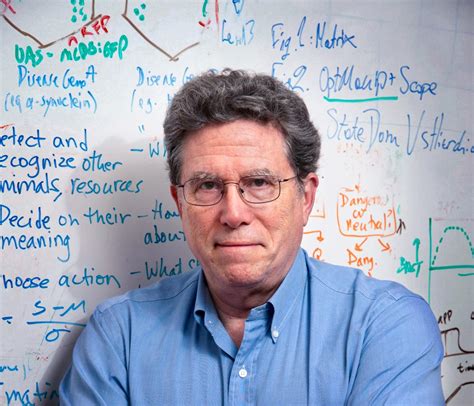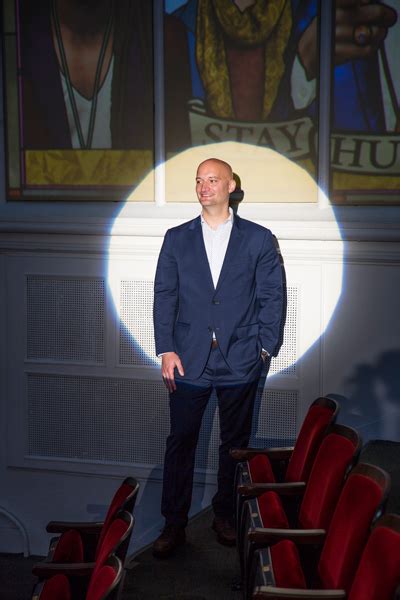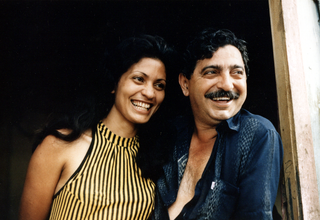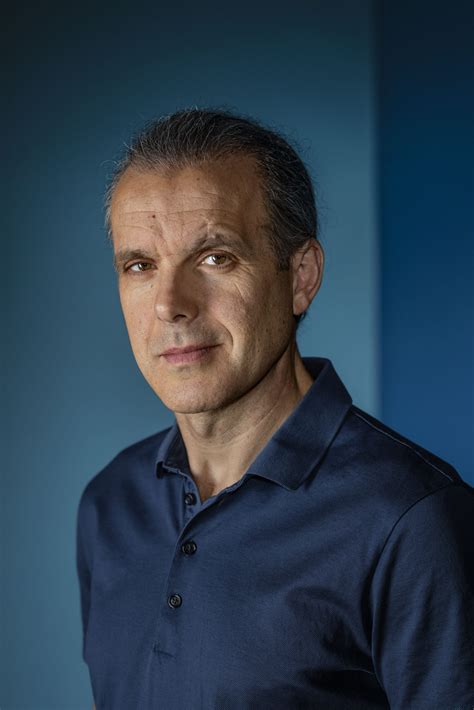A Quote by Zac Goldsmith
By uploading 40 years of 'Ecologist' editions online, we will be creating the world's most extensive ecological archive. 'The Ecologist' will continue to set the environmental and political agenda here and abroad.
Related Quotes
'The Ecologist' has lost money from the day it was launched in 1970, and will continue until the last edition is printed. It was never set up as a business venture. It was set up as a campaign, and like all good campaigns, it costs. Its various backers have, over the years, been happy to pay that cost.
An acoustic ecologist is a listener who is aware that sound is information. It's information because it's created by events, events produce sound, and that sound has all kinds of data, if you will, that conveys what event occurred, what the materials were, whether it was sudden, slow, loud, in what direction. And because it is information, we can think of it as a message. The acoustic ecologist studies information systems that are both intentional and sometimes wild.
We think the problem is out there, when the problem is really in here - who we are and how we experience the world around us. The acoustic ecologist listens, as the primary sense, to the world around us, and I believe that they have a significant contribution to make to all environmental groups who think that they're solving environmental problems, when we're actually all on a spiritual pilgrimage.
One of the penalties of an ecological education is that one lives alone in a world of wounds. Much of the damage inflicted on land is quite invisible to laymen. An ecologist must either harden his shell and make believe that the consequences of science are none of his business, or he must be the doctor who sees the marks of death in a community that believes itself well and does not want to be told otherwise.
For example, the idea that objects have properties out there in fixed ways is an incorrect idea about the world. Properties are created through relationships and processes. They are not inherent in electrons or photons or quanta any more than they are inherent in soil or trees or people. So my critique of reductionistic science is a critique that I have inherited from my scientific training. But it has been deepened by my experiences as an ecologist, in seeing the ecological destruction taking place today.
Sometimes we ask ourselves 'Why?' Why do I continue to smile, to give, to live? Why do I continue to stand, despite the ferocity of the wind that keeps blowing, that keeps slapping against my face, creating a pressure that says 'fall'? Why I don't I listen to those who call me a fool because I continue to love despite my hurt? I don't know what tomorrow brings; I don't know if my troubles will seize or if my sorrows will continue. But this much I do know - I will continue to hold out, I will continue to press on, until my blessing comes.
Throughout the world today there is a gowing awareness of the failings of the Western model of development and a corresponding desire to look for more human-scale, ecological ways of living. If Ladakh now succeeds in creating for itself a future which retains the foundations of its traditional past, it will be an inspiring example of how all the various elements of an ecological future fit together.






























